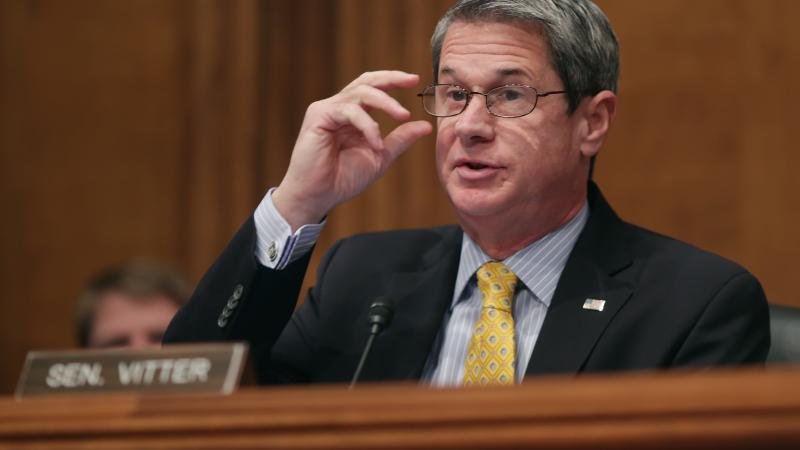Five convicted in cocaine, COVID PPP fraud scheme
Investigators from the Internal Revenue Service detected the plot and froze the bank accounts of the conspirators.
Five people have been convicted on charges related to a $1.4 million scheme to take Paycheck Protection Program funds for a fake business while selling cocaine.
In 2020, Jemar Mason, a convicted drug offender from Grand Rapids, joined a scheme with four other people: Andre Jackson, a former police officer from Georgia, Jackson’s “accountant,” a local used-car salesman, and a local cocaine user named David Kurbanov.
The group submitted fraudulent applications for Paycheck Protection Program loans authorized by the Coronavirus Aid, Relief, and Economic Security Act, which provided emergency financial assistance to the millions of Americans suffering from the economic effects caused by the COVID-19 pandemic.
The CARES Act authorized forgivable loans to small businesses through the PPP program, designed to provide small businesses with loans to keep employees on the payroll. Mason and his co-conspirators exploited the program to obtain about $1.4 million in fraud proceeds.
Afterward, the five attempted to hide the proceeds by marking expenditures like car purchases as “payroll” expenses. Mason and Kurbanov also tried to wire $500,000 to an overseas bank account selected to invest the money for their own profit.
Mason was sentenced to more than seven years in prison.
“Instead of treating the COVID-19 pandemic as a tragedy, Jemar Mason welcomed it as an opportunity to get rich quick. He took money intended to keep workers from losing their jobs, all while dealing cocaine.” U.S. Attorney Mark Totten for the Western District of Michigan said in a statement. “My office remains committed to holding fraudsters fully accountable for their misdeeds.”
Investigators from the Internal Revenue Service detected the plot and froze the bank accounts of the conspirators, ultimately recovering about $1.1 million of the fraud proceeds. Federal prosecutors in the Western District of Michigan charged the five codefendants, who have now been convicted in connection with the scheme.
Mason was also allegedly trafficking cocaine. After obtaining a Title III wire intercept, investigators from the Drug Enforcement Administration learned that Mason, his coconspirators, and associates were actively dealing drugs throughout West Michigan. Search warrants later uncovered multiple stash locations that were used to hide drugs, firearms, and drug-dealing tools.
Mason’s prison term of 87 months will be followed by six years of probation.
“Mason exploited the pandemic to defraud United States taxpayers for his own personal gain,” Acting Special Agent in Charge Charles Miller, Internal Revenue Service – Criminal Investigation, Detroit Field Office, said in a statement. "IRS-CI is proud to work with our law enforcement partners to hold wrongdoers accountable and to protect the integrity of vital federal assistance programs.”
The charges were part of an Organized Crime and Drug Enforcement Task Force investigation, dubbed Operation Cashout, ran by state, federal, and local governments.













